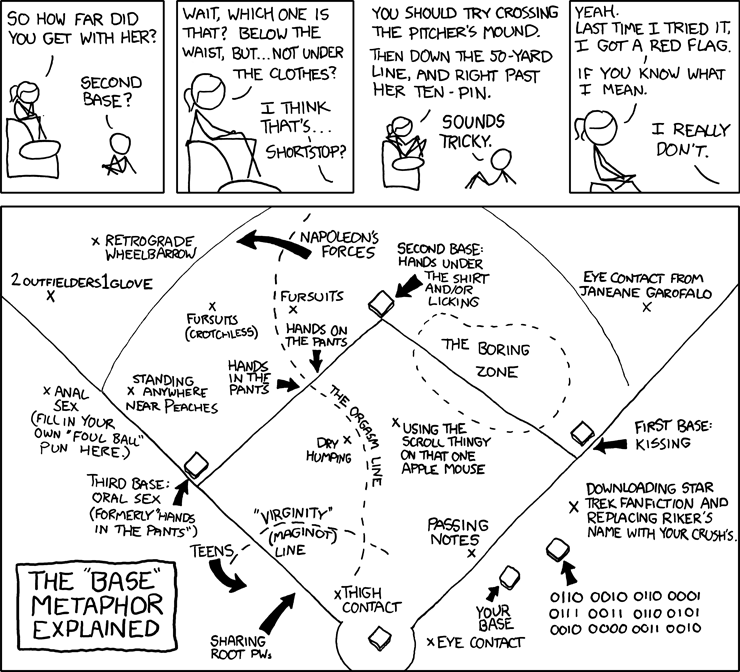Around September last year I got a new work laptop – Lenovo T60. IBM, for whom I work, gives one the choice of what OS to run on the desktop ie Windows or some Linux flavor. Oh and some people actually do run Macs also. The Linux is either Red Hat, Fedora, OpenSuse or Ubuntu. My choice was Ubuntu.
Getting Ubuntu installed and running with all I need to get my job done within IBM took about 40 minutes. Inside IBM we have our own APT repositories with various layer packages that install the appropriate packages and applications to get everything up and going.
Now about 5 months later I have no regrets. Having a working machine in about 30 seconds after boot is just great. No more BSOD’s, viruses and/or trojans to really worry about and just a more stable and productive envirionment.
At home I also had Windows XP on some very old hardware that ran very slow. Since my laptop experience was so good, I decided, what the hell, lets totally get rid of Windows. Now my machine at home is also running Ubuntu and it is doing it so much faster than before. In the mean time I got another desktop and this is runing Kubuntu.
To be honest, I have not gotten used to Kubuntu so I do not know how long my second machine is going to run Kubuntu. I just prefer Ubuntu and finding my way around it, is just so much easier. And the fact that Dropbox does not work on Kubuntu is a real pain. Oh and not being able to share my floders on Kubuntu with my Ubuntu machine is not great either. To be honest I did not really try to find a solution for this yet so it is probaly only something stupid I did or did not do.
Technorati Tags: ibm, lenovo, t60, linux, ubuntu, kubuntu, dropbox








